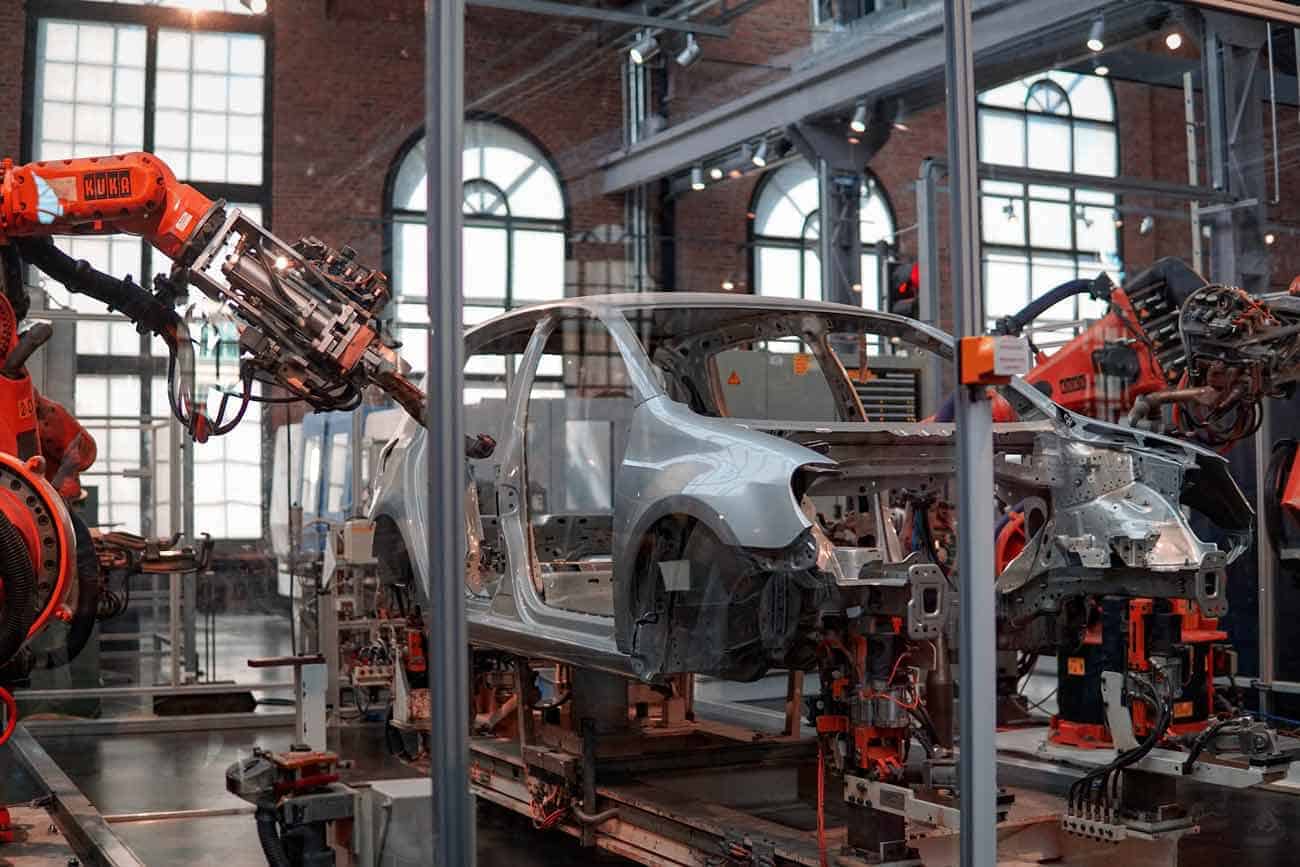
Por Mariana López
diciembre 3, 2019
Contxto – Virtual Reality (VR) startup, Parallax is looking to expand the Industry 4.0 to Mexican assembly lines and businesses.
To achieve this, it’s looking to start a new funding round next year. Investments would be used to develop its tech, as well as a range of coverage to other parts of Mexico. Notably, Parallax plans to expand further into healthcare, as well as train manufacturers in car and aerospace assembling industries.
You know that loathsome expression «you had to be there,» in order to understand a joke?
Unfortunately, for many businesses, the joke is often on them when they need a specialized technician or consultant. They may be too far away «to be there» physically in the factory, complicating their understanding of an ongoing problem.
So what they’ll normally do is use resources to get the expert there quickly, or else lose money or worse—customers. With this problem in mind, Parallax developed its VR solution, that «transports» the expert to the factory or warehouse.
This is possible thanks to a pair of VR glasses, that in-person staff wears at the factory. Meanwhile, miles away, the expert «sees» what the technician sees on their phone, laptop or tablet during a videoconference.
This ultimately allows for accurate, long-distance support to identify and solve problems.
Related article: Mexico VR and AR: 10 startups mastering virtual and augmented reality
Parallax is a B2B (business to business) business that began working on its VR software in 2017. There was funding to get the startup on its feet in 2018. However, the amount and the participants remain undisclosed.
Through these efforts, Parallax launched its first product into the market earlier this year and is currently in several business deals with telecom, manufacturing, and healthcare industries in the United States and Mexico.
Slowly but steadily, VR tech is growing in the region.
It’s expected to increase at a yearly rate of 49.6 percent throughout various markets in Latin America, according to consultants at MarketsandMarkets. However, in countries like Mexico, one of the biggest obstacles to overcome is hesitance towards this tech, as Parallax’s founder and CEO, Carlos Castañeda put it.
«Oftentimes when we visit an industry, we notice that [business leaders] have heard of virtual reality,» stated Castañeda, «however many haven’t tried it out for themselves. Nor have they integrated it into their processes. This means our job is to show how this technology can help their business.»
As misinformation is resolved, VR technology will continue to demonstrate that it can cut distances and solve problems—whenever, wherever.

-ML